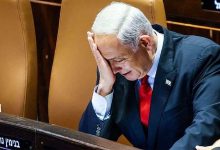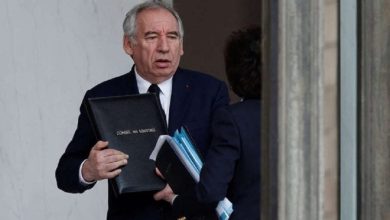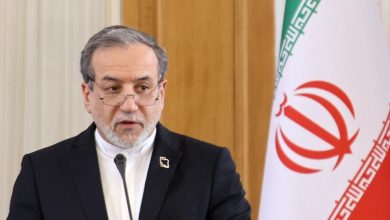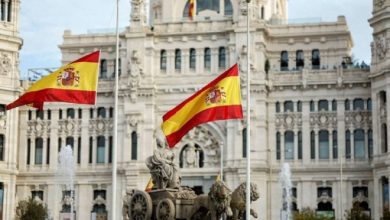Harvard’s Bold Stand Against Trump’s Influence: A Battle for Academic Freedom
Despite pressure from the Trump administration, Harvard refuses to compromise on its independence, with far-reaching implications for the future of academic freedom.

Watan-A commentator from The Washington Post, David Ignatius, stated that Harvard University, which resisted the pressures of President Donald Trump’s administration to control higher education in the U.S., “saved its soul,” but would ultimately pay a heavy price for refusing to surrender its independence.
Ignatius noted that Harvard provided a powerful lesson when it said a firm “no” to a bully. He added that the Trump administration tried to intimidate Harvard, just as it did with government agencies, executives, law firms, and other universities, by threatening to cut federal funding.
For Harvard, this meant a review of multiple grants totaling $8.7 billion.
Last week, the administration requested a humiliating settlement, exposing the university to external scrutiny regarding its faculty hiring, student admissions, and other internal matters.

Harvard’s Defiance: Upholding Independence Despite Trump’s Pressure
Harvard refused to yield. University President Alan M. Garber reaffirmed that the institution would not give up its independence or constitutional rights. In a statement on Monday, he asserted, “No government, regardless of the ruling party, has the right to dictate to private universities what they should teach, who they should admit, or what academic fields or research to follow.”
Since President Donald Trump dislikes hearing “no,” his administration followed through on its threat, freezing $2.2 billion in federal funding.
Ignatius commented that while Harvard would suffer in this drama surrounding the First Amendment, it had saved its eternal spirit.
He explained that Harvard, like other prestigious universities, appeared to be adrift, heading into the unknown, until Monday’s firm stance. Freedom of speech had been under attack from both the right and the left, especially following the October 7, 2023 Hamas attacks, which left Jewish and pro-Palestinian students feeling unsafe. University presidents tried to clarify campus rules but were incoherent.

Harvard’s Crisis Deepens Amid Trump’s Pressures
In a lengthy article published last month in The New Yorker, titled “Is Harvard Bowing or Breaking?”, the piece described how Harvard faced embarrassment after the appointment of its first Black president, Claudine Gay, in July 2023, only to fire her six months later amid criticism of Harvard’s failure to curb anti-Semitism on campus and allegations of plagiarism against Gay.
Harvard’s crisis deepened on March 31 when the White House announced a review of the university’s $8.7 billion in grants and sent a first draft of demands on April 3 that the university must implement. Columbia University had agreed to the Trump administration’s demands to recover $400 million in federal funding. Now, Trump had targeted one of the oldest and most respected American universities, applying pressure.
A Harvard official revealed that Penny Pritzker, the former Commerce Secretary and Harvard board member, struggled with colleagues to reach a consensus on Harvard’s values and concerns about the future of its boundaries. During these discussions, one participant reflected on Harvard’s motto “Veritas,” meaning “truth.”
Harvard did not meet Trump directly but communicated through intermediaries, explaining its efforts to combat anti-Semitism and attempts to give conservatives a voice. The university hoped Trump would offer less punitive conditions than those imposed on Columbia, but they agreed to reject any conditions he imposed and vowed to not surrender their constitutional rights.
However, Trump’s demands crossed a red line. The administration’s message on April 11 warned that federal “investments” in Harvard were not an entitlement, and that “to maintain its financial relationship with the federal government,” the university must change its governance, reduce the power of students and faculties, eliminate any racial favoritism, and scrutinize foreign students who support terrorism and anti-Semitism.
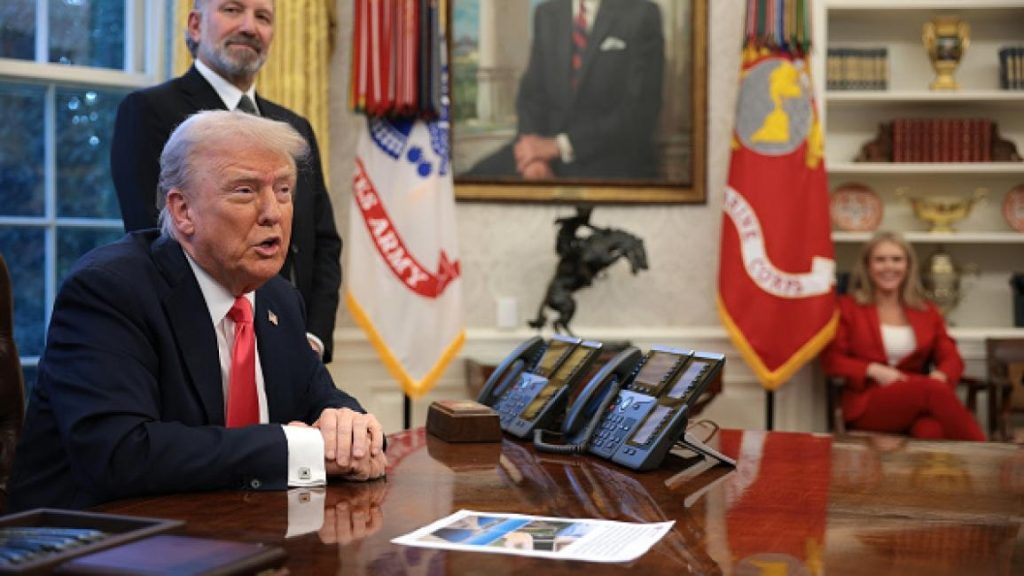
Harvard Rejects Government’s Demands Amid Financial Fallout
The demands worsened, with the government requesting that Harvard’s administration accept external audits of its students, staff, and leadership, ensure “diversity” perspectives, and appoint more Trump supporters.
Regardless of one’s stance on Harvard or its ideology, a 2022 Harvard Crimson survey found that 80% of undergraduates described themselves as liberal or very liberal. But this issue does not fall within the government’s purview.
A former Harvard alumnus warned that any compromise with Trump would be “an aggressive attempt to control the university,” while another argued that Trump’s real concern wasn’t alleged anti-Semitism, but an effort to “subdue political enemies.”
The institution courageously rejected the deal, and within hours, the administration froze the $2.2 billion in grants. Ignatius concludes, “Freedom isn’t free, as they say, and Harvard will now begin paying what its officials consider an excessively high price for its independence.” Harvard had $53.2 billion in its endowment as of last October, but a large portion of these funds is restricted by thousands of separate bequests and cannot be easily accessed.

Harvard’s Financial Struggles Amid Political Pressure
Last week, Harvard announced plans to borrow $750 million to meet its financial needs. However, university officials told the writer that private funds would not cover the government shortfall, and Garber acknowledged the need for layoffs and budget cuts, which could undermine Harvard’s research mission for years to come.
Ignatius wonders about the ongoing battle for Harvard’s soul, referencing an article in The Financial Times where Martin Wolf argued that Trump, like Mao Zedong in China more than 50 years ago, is leading a “cultural revolution” aimed at “overthrowing the bureaucratic and cultural elites” entrenched in the country’s prestigious universities.
Ignatius notes: “Liberal professors haven’t yet been forced to wear dunce caps or work in re-education camps on farms and factories. Perhaps that’s next. For now, a salute to ‘Fair Harvard,’ and how it embodies the motto ‘truth.’”


